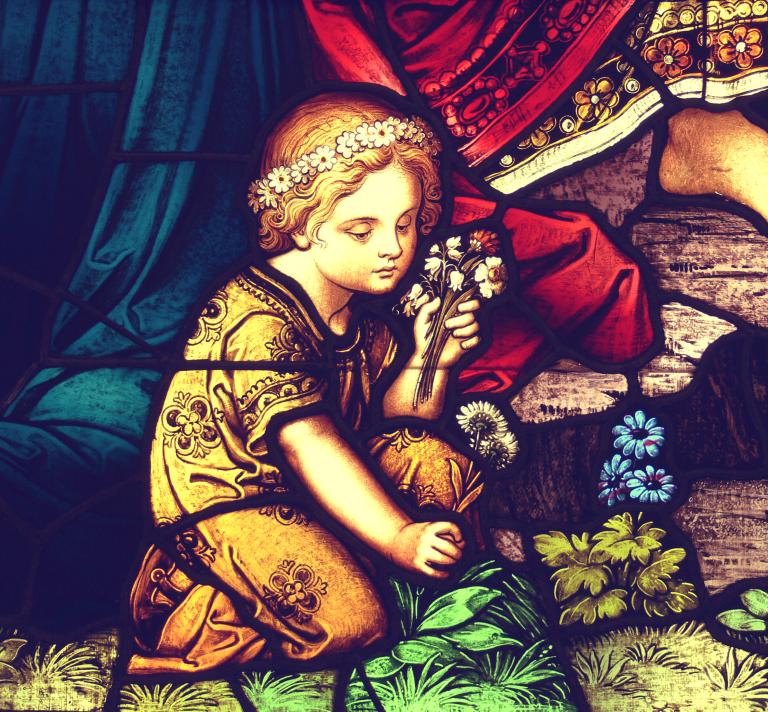Perhaps the most disheartening thing about Elder Christofferson’s well-meant video, which attempted to address concerns about the new membership ban for children of a parent in a same-sex relationship, is that he provided no new information. The Church’s motivation for this ban was already understood by many to be a desire to avoid significant conflicts between minor children and their parents. And a desire to make the Church’s law absolutely clear (though it’s ludicrous to think Mormons don’t know the Church’s stance by now).
What remains unclear is just whom the policy is meant to include. While some members assume the policy will only impact children being raised exclusively by 2 parents in a same-sex marriage or cohabitation (and thus the comparison to polygamous families), the language of the policy suggests much broader application for children of LGBTQ parents.
Children sure to be impacted:
- A child who lives exclusively with two moms or two dads but has been involved in the Church their entire life.
- A child in the same type of family who is investigating the Church through a friend or relative.
Children likely impacted:
- A child whose biological parents were in a mixed-orientation marriage that ended with divorce when one parent came out in order to be with a same-sex partner, and who lives part of the year with each parent, but has been raised in the Church (likely by the heterosexual parent) their entire life.
- A child from the above family who only lives with their heterosexual parent but who still has visits with the parent in a same-sex cohabitation or marriage.
- A child from the above family who no longer sees the parent who is in a same-sex cohabitation or marriage but still has that parent listed on their Church records.
- A child who lives with a heterosexual parent and has never lived with the parent who’s in a same-sex cohabitation or marriage, but who has both parents on their church records.
Don’t believe me? Look at the Church’s wording, in this document published by the Washington Post:
“A natural or adopted child of a parent living in a same-sex relationship.”
Pay close attention to that wording: it doesn’t say that it’s about children living in a same-sex couple’s home. It says it’s a child who has a parent living in a same-sex relationship. A parent – singular. It only takes one parent for the policy to apply. [One] parent living in a same-sex relationship. Given that the child isn’t in a relationship and given that the verb’s grammatical subject is this singular parent, it’s a pretty clear statement that it’s the fact that even one parent is living with a partner or same-sex spouse that determines the kid’s status in the Church.
Children who may be impacted:
- A child who lives with a heterosexual parent and has never even met the parent who lives with a same-sex partner or spouse, but who has both parents on their Church records.
- A child living with married, male and female parents, who are each on the child’s Church records – but one of the parents used to be in a same-sex cohabitation or marriage (this would be the case, for instance, if Elder Christofferson’s brother were to marry a woman and adopt or raise a child with her).
Why do I think this last scenario may impact children? Look at the wording regarding one of the requirements for requesting approval for a child to be baptized or issued a mission call:
“The child is of legal age and does not live with a parent who has lived or currently lives with a partner in a same-gender cohabitation relationship or marriage.”
Children unlikely to be impacted:
- A child adopted by a heterosexual couple, but whose biological parent is living with a same-sex partner or spouse. The adoptive parents will be the ones showing up on the child’s Church records.
- A child in any of the above scenarios, but where the homosexual or bisexual parent never lived with a partner. The Church is treating cohabitation and marriage as worse than simply sleeping with a same-sex partner, in the same way they’re treating polygamy as worse than an affair.
- Someone from any of the above scenarios who’s currently on a mission or has already received a mission call (technically, all mission calls already have approval from top Church leadership).
Some Additional Questions:
- Will the new policy prevent an already-baptized youth from going to the temple to perform proxy baptisms? Will they be denied a limited-use temple recommend (the only kind offered to teenagers) altogether, or perhaps be required to disavow same-sex marriage before the temple trip?
- What about recommends for a living ordinance? Will a 25-year-old woman whose mom lives (or has lived – remember the actual wording about requesting an exception) with a girlfriend have a more difficult time receiving her endowment or being married in the temple?
- What about an 11-year-old male whose parents get divorced and whose dad has a husband? Will he be ordained when he turns 12, since ordination isn’t mentioned in the policy?
- And in all of the above scenarios, what if the LGBTQ parent dissolves their cohabitation or marriage in a painful sacrifice in order to support their child’s religious journey? Would the Office of the First Presidency consider an exception, or stick to the written policy and make the child wait till they turn 18 and move out (perhaps become homeless in the process) before even considering the Stake President’s request for an exception?













